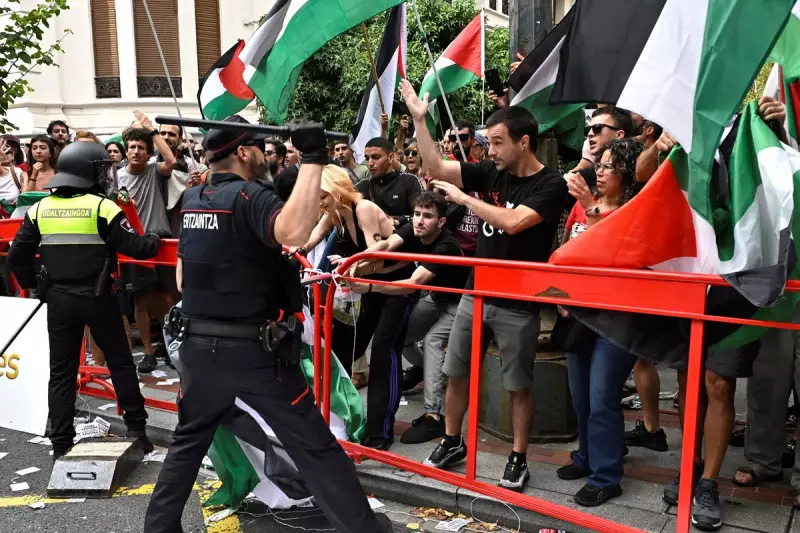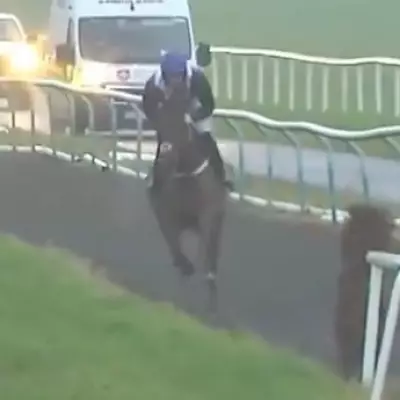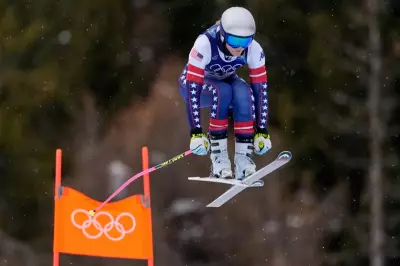
In a dramatic and physically punishing Stage 11 of the Vuelta a España, British cyclist Tom Pidcock soared to a magnificent solo victory, conquering the gruelling Alto de la Cruz de la Demanda. The INEOS Grenadiers rider's athletic triumph, however, was momentarily overshadowed by an unexpected political intervention in the race's final moments.
Pidcock, the Olympic mountain bike champion, executed a perfectly timed attack on the descent of the preceding Puerto de Moncalvillo, establishing a crucial gap. He then showcased his immense climbing prowess on the fearsome final ascent, a 12.5km beast with an average gradient of 7.2%, to seize the stage win.
Race Interrupted by Protesters
The day's narrative took a sharp turn in the closing kilometres. As the general classification contenders, including race leader Sepp Kuss (Jumbo-Visma) and Remco Evenepoel (Soudal-Quick-Step), battled up the climb, their path was blocked by a group of protesters.
The demonstrators, holding banners and waving flags in a pro-Palestine statement, sat on the road, forcing the race to a complete halt for several minutes. Police and race officials scrambled to clear the route, allowing the stunned riders to continue after a significant and unusual pause in the action.
Pidcock's Focus Seals the Win
Unaware of the chaos unfolding behind him, a focused Pidcock powered on alone to cross the finish line in Lagunilla de Jubera, claiming his first Grand Tour stage win of the 2023 season. The disruption did not affect the stage's outcome but added a layer of controversy to one of cycling's most prestigious events.
Meanwhile, behind the protest, Jumbo-Visma's control of the general classification remained unshaken. Sepp Kuss finished safely in the group of favourites to retain La Roja, the leader's red jersey.
The incident raises questions about security at major sporting events and highlights how global issues can unexpectedly intrude on the world of professional sport.





